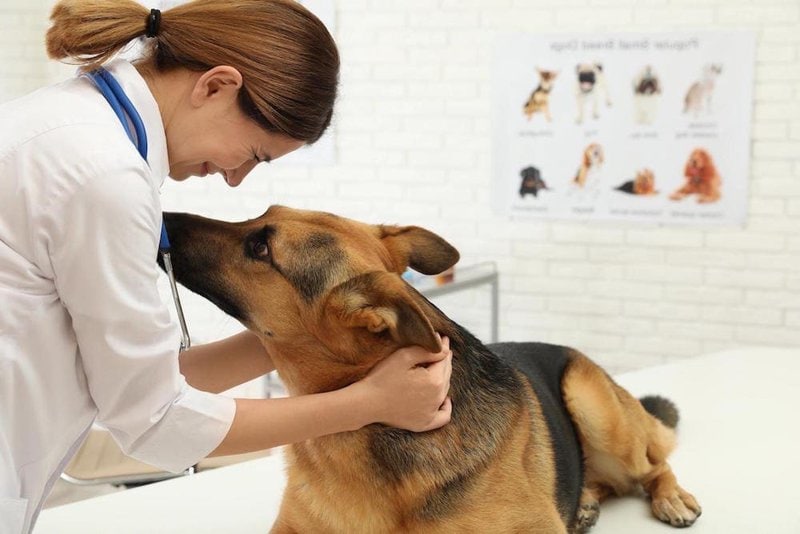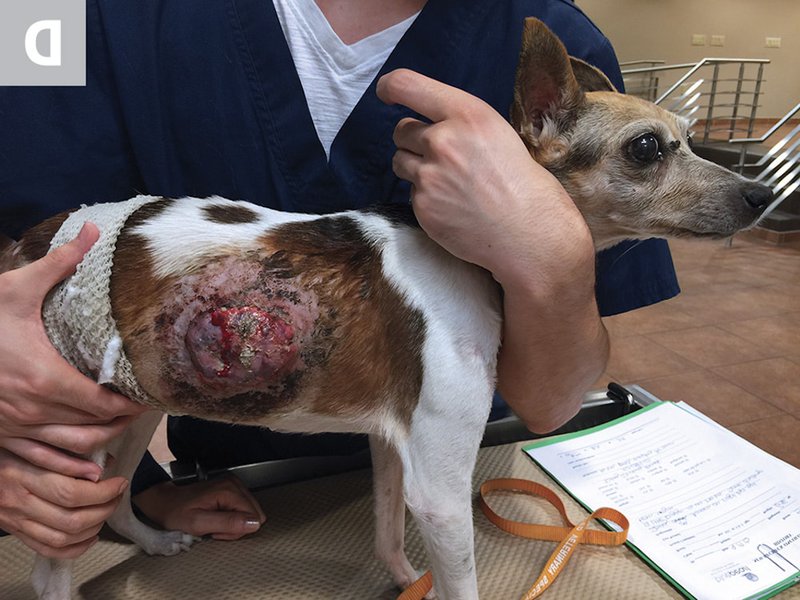The injectable drug Stelfonta is now made available nationwide in veterinary clinics and this comes after receiving the approval from Food and Drug Administration back in November 2020. Stelfonta is a non-surgical alternative in the treatment for non-metastatic, skin-based mast cell tumors (MCT).
The drug was developed by QBiotics, an Australian firm, with an active ingredient of tigilanol tiglate, which is found in the seed of the Australian native blushwood tree from the rainforest of North Queensland. It is found to be 88% effective against the disease.
Common Tumor Among Dogs

MCT is the most common skin tumor found in dogs. It causes nodules or masses to form under the skin and may affect the spleen, liver, intestine, and bone marrow. The cause is either genetic or environmental, and dog breeds that are susceptible to this disease are usually Boxers, Bull Terriers, Boston Terriers, and Golden Retrievers.
The tumors can form anywhere in the body and in varying degrees. Some stay for months without growing much while some can appear suddenly and grow quickly. They may also become reddish and ulcerated and can become worse by scratching.
When the tumor gets large enough, it can release chemical compounds through the bloodstream, thereby affecting other internal organs of the body.
The common treatment for this cancer is surgery, chemotherapy, and radiation treatment and life expectancy is only a few months for high-grade MCTs.
How Stelfonta Works
Stelfonta works by injecting it directly into the tumor. It activates the immune system and destroys both the tumor cells and its blood supplies, resulting in the destruction of the tumor. It then promotes healing of the tissue with minimal scar formation.
Adverse reactions to this drug cause extensive wound formation including cellulitis, severe tissue sloughing, bruising in the injection site, lameness in the treated leg, vomiting, and diarrhea but these can be managed with pre- and post-treatment medications. Dogs may also be sedated to safely administer the drug.
Veterinarians who tested the drug reported a satisfaction rate of 88% for the drug. It has also been accepted for use in Europe, the United Kingdom, and Australia.
“Stelfonta is a medical breakthrough for the treatment of mast cell tumors in dogs and there’s no other treatment like it,” said Dr. Cristiano von Simson, director of the veterinary services in Virbac, which is QBiotics marketing and distribution partner.
Dr. Simson added that “this drug is an alternative option to treat local skin tumors in older dogs who are at increased risk from surgery or chemotherapy, or in cases where the dog owner isn’t comfortable with surgery or anesthesia.” Puppies or dogs younger than 3½ years have not been evaluated yet for the safe use of this drug.
Dogs often stand to have a better chance of getting treated for cancer if diagnosed and treated early.





